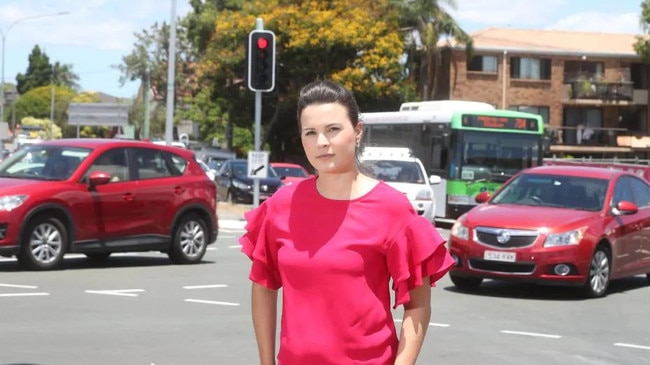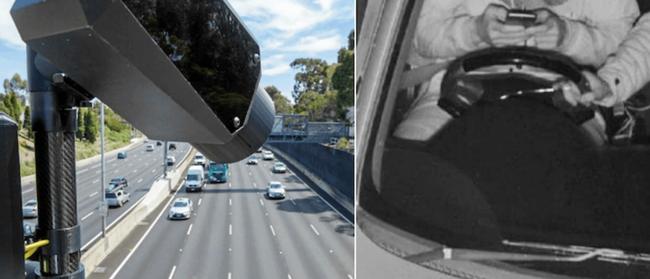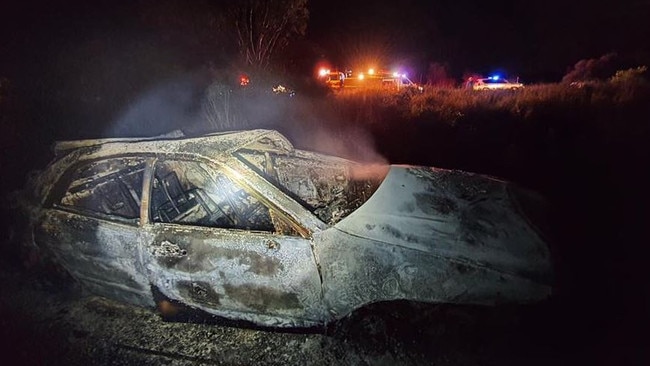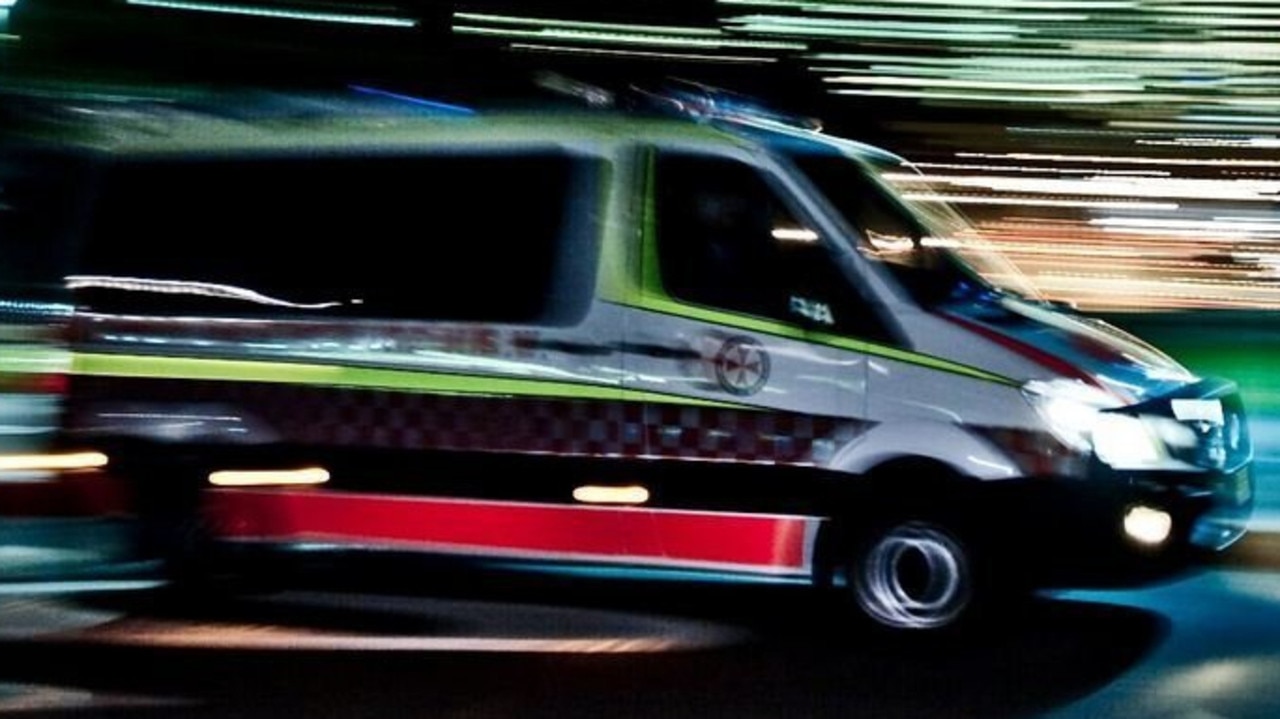HOLD THE PHONE: Distracted drivers ’bad as drunks’
Phone addicts who can’t leave their mobiles alone while driving need the same sort of intervention and help provided by Alcoholics Anonymous.

Police & Courts
Don't miss out on the headlines from Police & Courts. Followed categories will be added to My News.
Phone addicts who can’t leave their mobiles alone while driving need the same sort of intervention and help provided by Alcoholics Anonymous.
That is according to the RACQ after a study revealed use by younger drivers found more than half of young drivers (17-25 years) and almost one third of experienced drivers (26+ years) admitted they used their phone both while moving and stopped at traffic lights.
RACQ spokeswoman Lauren Ritchie said the Australian Automobile Association study found 93 per cent of young drivers had already tried to reduce their use of their phone in the car, but there was a gap between what they thought was effective and what they actually committed to doing.
“The research found the best way to change behaviour is much like methods used to combat other addictions, we have to first admit there’s a problem and understand the dangers of our ways,” she said.

“Then, most importantly, we have to put a plan in place, even down to having a ‘sponsor’ or support person to help us keep on track.”
“Very few younger or older drivers report turning off their phone, despite most thinking it’s an effective way to reduce their use.”
Ms Ritchie said offending drivers could no longer ignore the extent of the problem and must commit to making a change.
“That’s why we have launched our research-based online Plan Builder, a tool to help identify when you’re most vulnerable to temptation and how to fight it,” she said.
“Make a plan and stick to it. Don’t let one stupid decision ruin your life or someone else’s.”
Noosa Police sergeant Neil Ashley is looking forward to the arrival of the bridge-mounted cameras to detect phone users on the Coast provided they pass their trials presently underway.
He said detecting phone use in cars can be a challenge for police.
“It does get a little bit hard when they’ve got the phone down lower and they’ve got it in their lap,” Sgt Ashley said.
“The giveaway is when they’re looking down.”
He said the introduction of hefty new fines with the loss of four points for use of phones while driving may already be having an impact with local police patrols not detecting too many offenders in recent times.

“I think people are very wary of that now with a $1000 penalty,” Sgt Ashley said.
The RACQ call came after Transport Minister Mark Bailey said: “Using your mobile phone when you’re behind the wheel is as dangerous as drunk and drug driving”.
Mr Bailey said since this distracted driving law was introduced last February more than 2300 offences have been detected and fines totalling $2.3 million issued.
Eight of those fined have also been booked again for illegally using a mobile phone while driving and have lost a further eight demerit points.
Having been caught twice within 12 months they face a loss of licence or a one-year good driving behaviour period.
The minister said 33 Queensland lives were lost to driver distraction in 2018, while another 1359 people were hospitalised.
Sgt Ashley said young drivers on red P plates are not allowed to use hands-free phones nor are their passengers.
“It’s all about driving without due care, which is another offence that is available to us,” he said.
Sgt Ashley said this could cover other distracted driving behaviours like taking eyes off the road while lighting a cigarette or taking hands off the wheel while eating something.
The RACQ online Plan Builder can be found at racq.driveinthemoment.com.au.
PHONE CAMERA TRIAL
The Department of Transport and Main Roads and the Queensland Police Service are working with two companies to test the cameras detecting mobile phone use in cars and failing to wear seat belts until late 2020.
The trial aims to test if cameras with AI software can detect if someone is using their mobile phone illegally, or failing to wear their seatbelt with a high degree of accuracy.
Portable cameras will be trialled in both urban and regional areas across Queensland. These cameras will be moved to multiple locations throughout the trial.
Fines and demerit points resulting from the trial camera detections will not be issued during the trial.
The cameras will take multiple images of vehicles in the lane of traffic that passes the camera. This will include inside the vehicle cabin, mainly the front seats and external images that include the registration plates of the vehicle.



